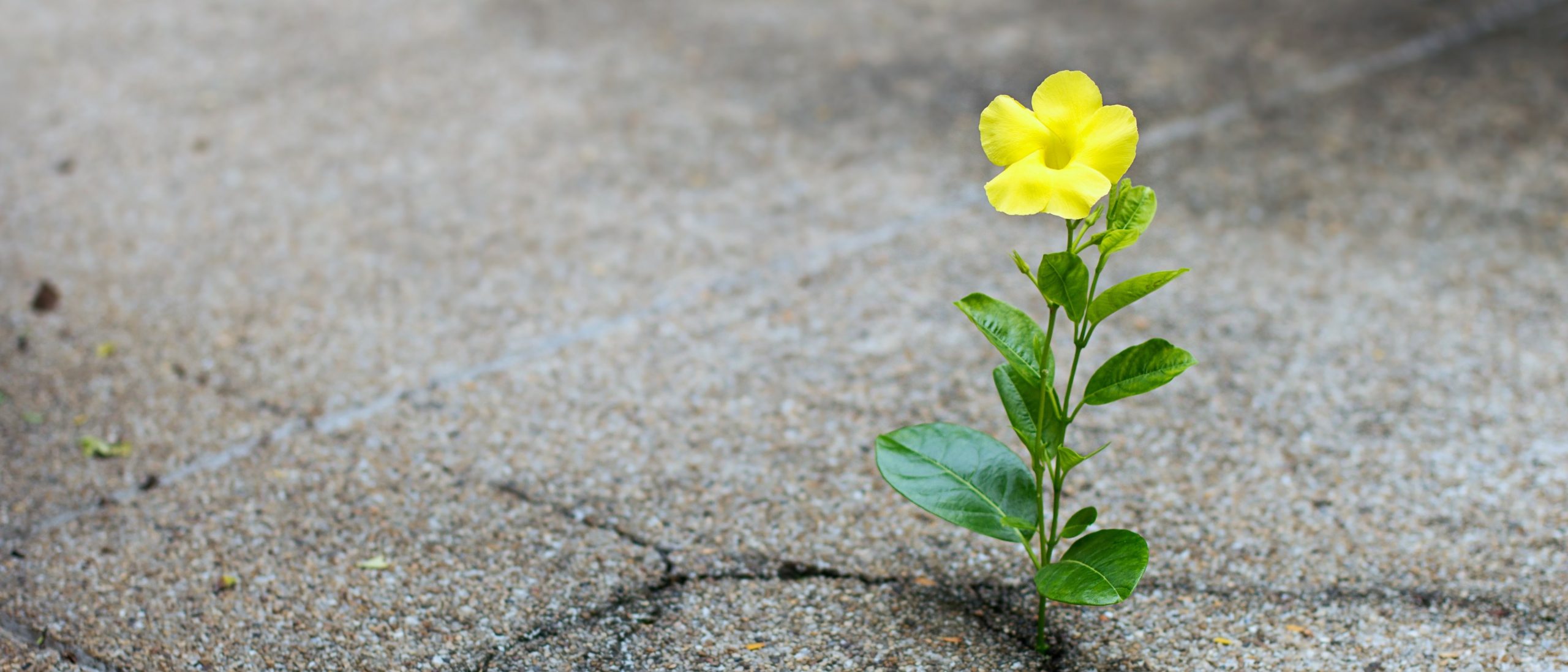
Shutterstock
All of us find different aspects of the restrictions and changes brought on by the COVID-19 pandemic difficult, depending on our circumstances. Each of needs to find ways to cope in the long-term, as well as on particularly tough days. Some may need to seek urgent help from a GP, pastor, close friend or family member. But if you are simply looking for some new ideas to help manage a new – wet, cold and dark – lockdown, some of the suggestions below may be helpful.
Connecting with God Regularly
This is an obvious one for a Christian, but sometimes difficult to do when other routines are disrupted. Daily set prayer, sometimes known as the daily office, is an ancient tradition that provides a structure and rhythm for connecting with God through prayer and scripture. Try setting aside some fixed times – they don’t have to be long – in the morning, at noon, and at night to remind yourself of the truth of God’s presence in every hour of our day. There are plenty of devotional pieces on the Faraday Churches site, and some on worship – as well as some ideas for prayer. It can be tempting to ignore God when times are hard, but the truth is that he cares, he wants to hear how we feel, and he wants to help us. These posts on God’s heart for the suffering and lament may help. There is also a response to suffering section of the website.
Being Mindful, Being Christian
This short and very accessible book (Monarch, 2016) is the result of a series of conversations in the British Association of Christians in Psychology. It explores using the practice of mindfulness to reduce anxiety from a Christian perspective, asking ‘Is it ok?’ and ‘How can I use this tool well in the context of my faith?’
Acts of kindness
Helping or encouraging someone else is obviously a good thing to do in itself, but it also has a very positive effect on the giver – spiritually, mentally, emotionally, physiologically. Whichever way you look at it, finding new ways to show kindness to others can be a very effective way to help ourselves feel better too.
Gratitude
Gratitude is another natural drug – in a sense – that can help us feel better. Try keeping a grateful diary, adding a few things each day.
Laugh, sing, make music, dance
All of these activities are deeply rooted in our physical and mental makeup. You may have forgotten how great they feel, but we can learn from children who do them very naturally. If you don’t have any young people to hand to show you the way, see what resources you have that can help you do at least one of these things more often in the week.
Journaling
Try keeping a journal of thoughts, experiences and practices you have engaged with during the day.
Constructing a personal narrative or story is now recognised as a very powerful psychological and spiritual tool for building resilience. It is also a vital learning tool we can go back to when tough times return in the future.
Go outside
It can be hard to pull on that jacket and boots when it’s cold and damp outside, but time outdoors in a natural environment is very good for you – and you can’t argue with the happy hormones produced by exercise. Attending to the details of nature can also inspire awe, which has been linked to positive mood, increased life satisfaction, and generally positive effects. Most importantly, it can be easier for some of us to connect with God when we’re enjoying his creation. Try to go to your nearest green space – even if that just means peering at front gardens or trees by the side of the road – every day, especially during daylight.
There is also a growing movement of people worshipping and doing church services outdoors, with resources to match. Whether on your own, with your bubble or a friend, or as a formal act of worship with a group where safely and legally possible – there’s something out there for everyone. Here are a few ideas for starters. Here’s another idea – suggested by a young reader – for creating a wildlife watching shed, if you have a garden and some spare time!
Look outside
If you are truly stuck indoors, try putting bird feeders outside your window so creation comes to you. This is also an act of kindness! If you have no garden or are in an upstairs flat and have windows that allow you to do this safely, try getting hold of a feeder that sticks on with suction cups. The RSPB give good advice on how/what to feed birds.
The house-bound could also try enjoying creation through documentaries or nature books. For example –
- There are a number of books by staff and volunteers from the Christian conservation charity A Rocha. Try ‘Planted’, ‘Under the Bright Wings’, or ‘Kingfisher’s Fire’ for starters.
- The Natural History and Antiquities of Selbourne by Gilbert White is a classic in this genre, and you can download it for free.
For Pastors
Lessons for pastoral care in the pandemic – article by theologian Roger Abbott, an experienced emergency response pastor and researcher into the effect of faith on how people respond to disasters. Also see his article with Bob White, What about Viruses?, which also includes input for pastors.
Understand yourself and others better
Character Strengths is a new course for church-based small groups, produced by a Christian clinical psychologist who is now a researcher at the University of Lincoln.
Resources from Tearfund
This set of free resources includes material on prayer, spiritual practices in isolation, fear and anxiety, courage, and dealing with death. It also recommends pastoral resources from other organisations.
Serving the vulnerable
Resources from the Evangelical Alliance.




